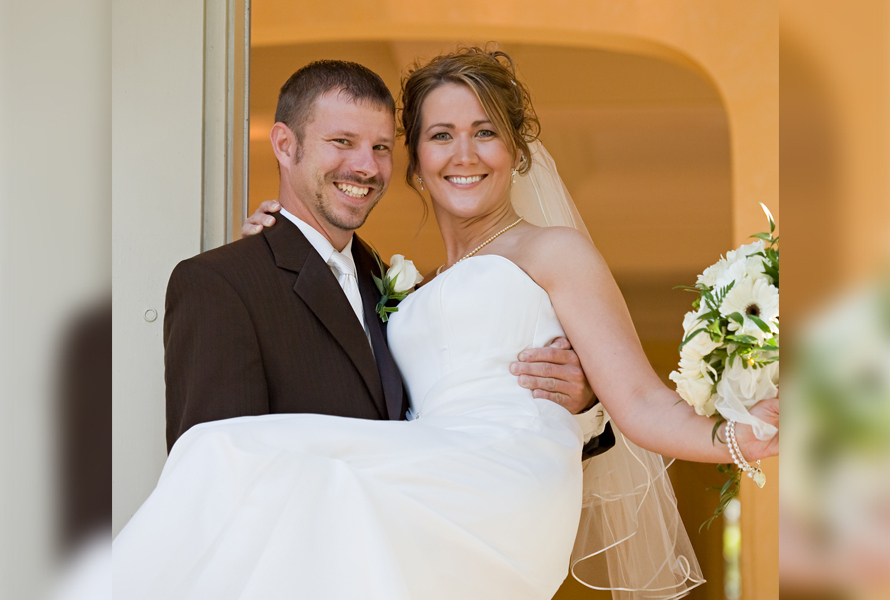
Your generosity will not bankrupt you.
The news continues to be headlined with the heartbreaking stories of the thousands of Hondurans fleeing their country on foot through Guatemala and Mexico in hopes of making it to greener pastures in the United States hundreds of miles away.
While the caravan of migrants march on day and night, the US president threatens a military response and to close its southern boarders if they persist. In a plea for collaboration of resources within USMCA to address the issue, President elect of Mexico, Lopez Obrador made a sobering point, “… he who leaves his town does not leave for pleasure but out of necessity.”
Our world is experiencing the highest rate of human displacement in modern history.
The United Nations (UN) agency responsible for refugees and displaced people—UNHCR— reports that there are 68.5 million forcibly displaced people worldwide. That’s just shy of 10 percent of the world’s 7.6 billion inhabitants.
Forty million of these men, women and children are internally displaced and on the run within their own countries; 25.4 million are refugees and 3.1 million are asylum-seekers.
According to the agency’s research, every day 44,400 persons are forced to leave their homes due to conflict or persecution. Yet many governments and their citizens remain reluctant to welcome these individuals, give them shelter or any respite to relieve their plight.
The fear of insufficiency looms rampant. Concern for the financial burden and stress on social services and other mechanisms that could retard their ability to care for their own citizens are some of the popular arguments governments offer against opening their borders willingly. And while these are genuine concerns of proper governance, what does God require of us when we encounter others in need?
“If anyone has material possessions and sees a brother or sister in need but has no pity on them, how can the love of God be in that person?” (1 John 3:17).
In the parable of the sheep and the goat, the King’s criteria for where we’ll spend eternity is exclusively brotherly love. “For whatever you did for one of the least of these brothers and sisters of mine, you did for me.” (Matthew 25:40).
In this we can take confidence:
“God is not unjust; He will not forget your work and the love you have shown Him as you have helped His people and continue to help them.” (Hebrews 6:10)
We therefore need not fear that our generosity will bankrupt us.
“Kindness to the poor is a loan to the LORD, and He will repay the lender.” (Proverbs 19:17)
So individually what can we do?
Share whatever we have – our material wealth, time, talent and the truth of God’s Word with those displaced and in need. This is how we make real the CHAYIL great glory and love of God in and through us.

